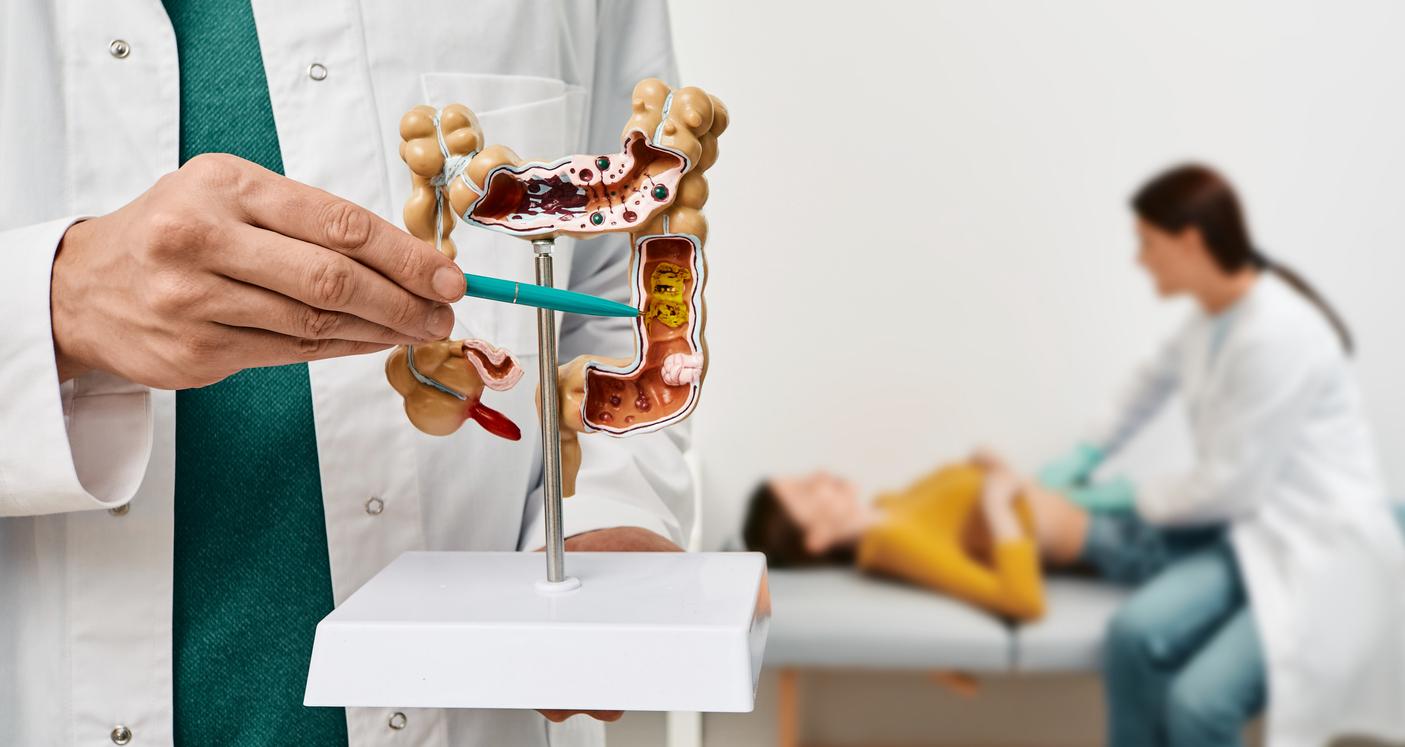A combination of two drugs has been successfully tested on three rhesus macaques contaminated by the Coronavirus (MERS-CoV). To the surprise of American, Canadian and French researchers, these are drugs usually used to treat hepatitis C which have given the first positive results. These two treatments, interferon alpha 2b and ribavirin, were first injected into the monkeys eight hours after infection. Doses were then administered regularly for the next three days.
In the medical journal National Medicine, the team of Heinz Feldmann, a researcher at the National Institutes of Health (NIH) in the United States, observed that these injections made it possible to slow the spread of the virus, to curb inflammation reactions and to reduce the risk of pneumonia compared to three other monkeys infected with the virus but not treated.
On the other hand, while this treatment can reduce the severity of the disease, it has not been shown to be powerful enough to cure it completely.
It now remains to verify that the results obtained on the macaque, an animal model of human infection, are the same in humans. If the tests confirm this lead, the researchers could use it as an early therapy for patients suffering from the first symptoms of Middle East respiratory syndrome.
Concern before the great pilgrimage to Mecca
The Coronavirus has already killed more than 50 people around the world, according to the World Health Organization. Over the weekend, Qatar announced two new deaths linked to MERS infection and three victims were announced in Saudi Arabia. The Middle East is the main source of infection for this particularly deadly virus. As the Hajj approaches (the great pilgrimage to MeccaExpected in October, Saudi authorities announced they were reducing visas to frail people such as the elderly, pregnant women, children and those with chronic illnesses. The country thus seeks to imitate the risk of virus contamination.
Researchers are still wondering about the exact origin of MERS-Cov, focusing their investigations on the bat.
















